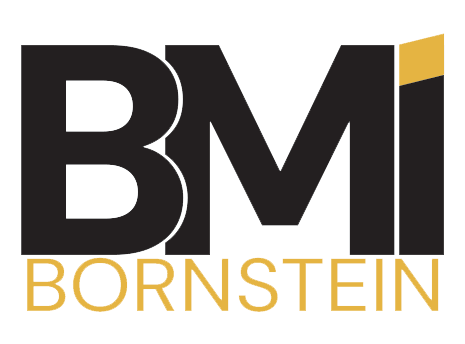Top 7 Reasons to Appeal Your Property Tax Assessment
Receiving a property tax assessment notice can feel overwhelming, especially when the numbers on the notice appear significantly higher than expected. Fortunately, Illinois property owners have the right to challenge inflated assessments. Below are the most common—and most successful—reasons our Illinois property tax team sees for challenging assessments and lowering tax bills.
1. Overvaluation: Assessed Value Above Fair Market Value
The assessed value of property should reflect what a property would sell for in a fair, arm’s-length sale on the open market on January 1 of the assessment year. However, many county assessors rely on mass-appraisal models, which sometimes yield absurd values that are much higher than the true fair market value of a property. If a property is assessed at a higher value than what it could realistically sell for, it is overvalued, and the owner should consider an appeal. Key evidence for establishing overvaluation can include the following:
- recent sales data for the subject property;
- comparative analyses of recent sales data for similar properties in the area; and
- appraisal reports (preferably, from the same assessment year).
2. Lack of Uniformity with Similar Nearby Properties
Illinois law requires property taxes to be levied equitably and uniformly. If a property is assessed at a higher rate than similar properties nearby (less than a mile away), there might be grounds to appeal. Generally, the best evidence for this type of appeal is 3-5 neighboring properties with similar attributes (e.g., class, size, age) that all have lower assessments than the subject property.
3. Vacancy or Low Occupancy Rate
Commercial properties (including some multi-family properties) with prolonged vacancy or lower-than-average occupancy rates commonly have less income-producing potential, which can drastically reduce property value. Presenting evidence such as the following can go a long way to support requests for a reduced assessment:
- rent rolls;
- vacancy photos; and
- marketing reports/brochures, detailing leasing efforts.
4. Errors in Income Approach/Calculation
Assessors often rely on an income approach to establish the value of income-producing properties. In these cases, any incorrect assumptions or erroneous calculations can result in inflated property values. Providing the data listed below is crucial for correcting any errors and demonstrating that a reduction is warranted:
- current lease samples;
- tax returns documents (from the previous 3 years, if available);
- income/expense statements; and
- market-supported cap-rate studies.
5. Physical Condition: Damage, Deterioration, or Obsolescence
If a property has suffered damage (e.g., fire, flood, tornado) or deterioration (e.g., structural issues, deferred maintenance, chronic roof leak), it will typically have a reduced market value. Appeals based on physical condition can be substantiated with the following evidence:
- insurance claims;
- contractor estimates;
- engineering reports; and
- photos of the damage or obsolescence;
6. Incorrect Property Characteristics
Assessors sometimes rely on outdated property data that contain errors—e.g., incorrect square footage, number of rooms, or property amenities—which can inflate property tax assessments. Reviewing the assessor’s records and correcting any inaccuracies through documented proof, such as blueprints, photographs, or building permits, can lead to successful corrections and tax savings.
7. Recent Change in Use or Zoning
Any changes in zoning or usage of a property can significantly impact its value. For example, if a property is reclassified from commercial to residential, or a warehouse is converted into self-storage, it may qualify for a different valuation model, resulting in a lower assessed value. Common evidence necessary for these types of appeals includes the following:
- floor plans, surveys, appraisals, or other documentation, showing an accurate description, the square footage, and current usage of the property;
- photos of the property’s interior/exterior; and
- affidavits of use.
Why Work with a Property Tax Attorney in Illinois?
While many property owners can certainly appeal independently[1], a professional property tax attorney can significantly enhance the chances of a successful appeal. At BMI Bornstein LLC, our attorneys are experts in property tax law. They handle hundreds of appeals every year and have the knowledge and experience to do the following for clients:
- precisely analyze property assessment to identify errors and unfair assessments;
- effectively gather and present compelling evidence;
- navigate the complex appeals process and deadlines efficiently; and
- advocate strongly for clients’ interests before the Boards of Review or Illinois Property Tax Appeal Board (PTAB).
Take Action Before Your Appeal Deadline
Remember, Illinois counties have strict deadlines for filing appeals, typically within 30 days from the assessment notice date or a decision from a lower level of review. Contact our experienced property tax attorneys today for a complimentary assessment review to ensure you pay only your fair share. Stop overpaying and start saving!
[1] In Cook County, the Board of Review requires that taxpayers, including, but not limited to, entities such as corporations, LLCs, and condominium associations, must be represented by an attorney.
DISCLAIMER: This blog post is for informational purposes only and does not constitute legal advice. Consult an attorney for guidance on your specific situation.


